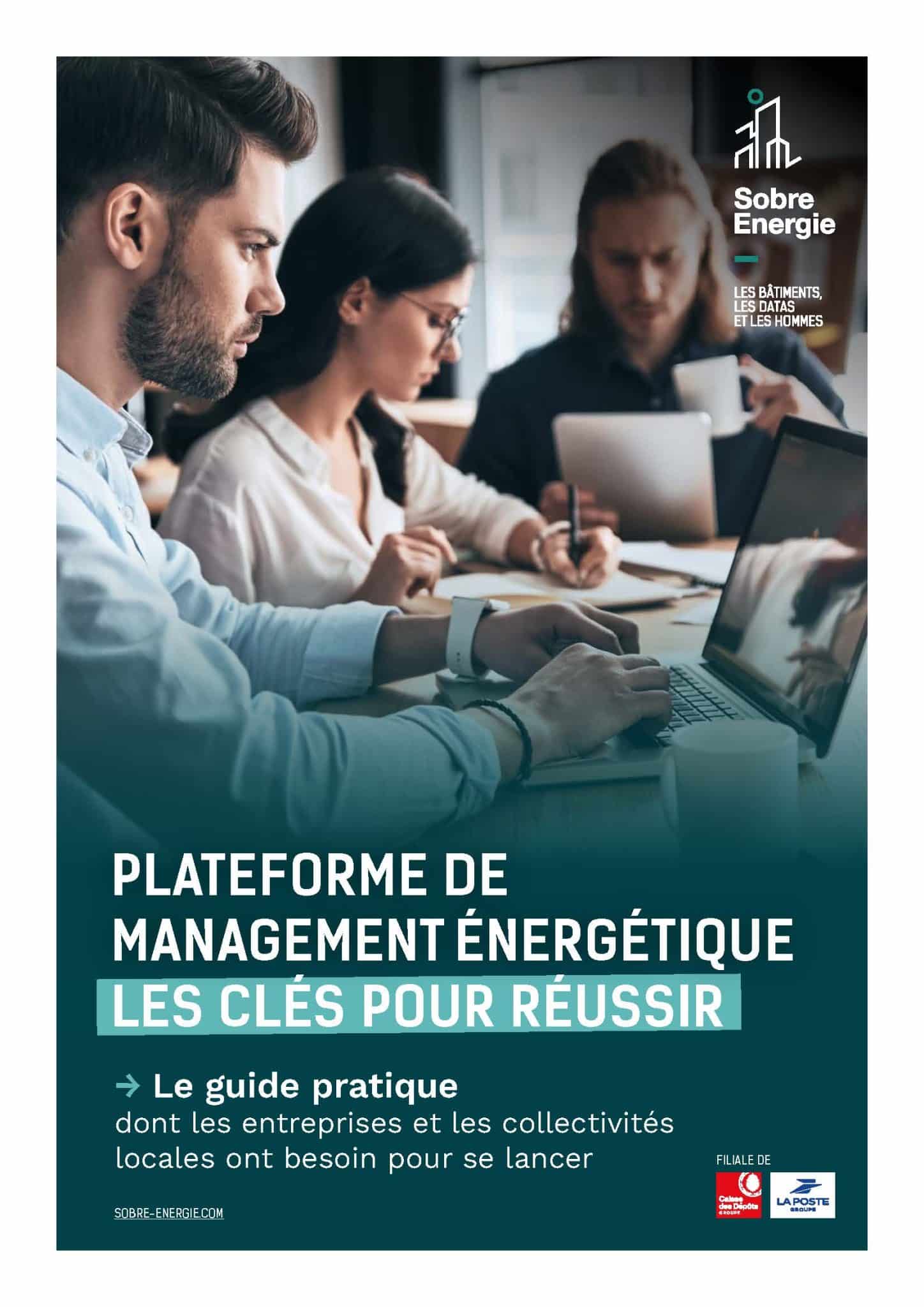The increase reaches record levels:
At the end of August, the selling price of electricity on the wholesale market reached the symbolic mark of €1,000 per MWh. 1 new level, compared to €85 just a year ago.
Summits also for gas. On August 22, the megawatt hour peaked at 295 euros, compared to 60€/MWh in October 2021.
An unprecedented increase in energy prices and already very concrete consequences for communities and their inhabitants: Limoges, Versailles and even Nîmes which see their municipal swimming pools closed, other municipalities which plan to turn off public lighting at night to keep their budget.
With 44% of final energy consumption in France, the building sector is the most energy intensive. Public community buildings therefore represent a strong source of savings at a time when the State is calling for sobriety.
The cheapest energy is that which we do not consume
But where do you actually start this process of sobriety in your real estate portfolio?
Several sobriety paths can be followed:
In the short term, thanks to an energy management platform like ours, you can quickly act on your reliable, analyzed and optimized electricity and gas bills.
- Optimization of the kWh price on your contract
- Optimization of subscribed power in relation to the power
actually achieved - Detection of potential overbilling on sites closed but still billed
The result is savings of up to 10% from the first year and sometimes even more.
In the medium term, it involves deploying an operating strategy on your real estate portfolio:
- IoT sensors to detect consumption drifts on certain parts of a building which remain lit at night when it is empty.
- Automation ex install a GTB, a centralized control to control the heating and air conditioning thermostat by providing a reduction for the night or the weekend when the building is empty. Very useful because in winter heating represents 50% of consumption in a tertiary building.
- Small jobs: Replace a gas boiler with a heat pump that uses less energy and provides less carbon-intensive heating.
In total, according to the Sustainable Real Estate Observatory (OID), technical adjustments and small works allow consumption savings of up to 30%.
In the long term, the objective through digital energy audits is to prioritize your investments to bring you into
regulatory compliance (for example the Tertiary Eco Energy Decree) and promote a successful energy transition in your public buildings for the next 20 years.
Raise awareness and act on behaviors
To go even further, raising awareness among building occupants is a powerful lever. Energy efficiency allows you to reduce your bill. For example, by raising awareness about correctly adjusting the heating set temperature. Ademe, the Energy Transition agency, recommends a set temperature of between 19°C and 21°C in an occupied office-type building:
1°C more temperature setpoint on heating induces additional consumption of 7%.
In total, according to the OID, involving occupants in low-energy uses means -15% consumption in a building.
🤖 Summarize this article with an AI
Click on a button to automatically sum up this page with the AI of your choice.
